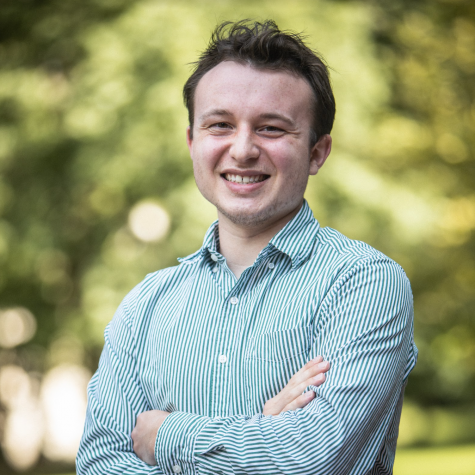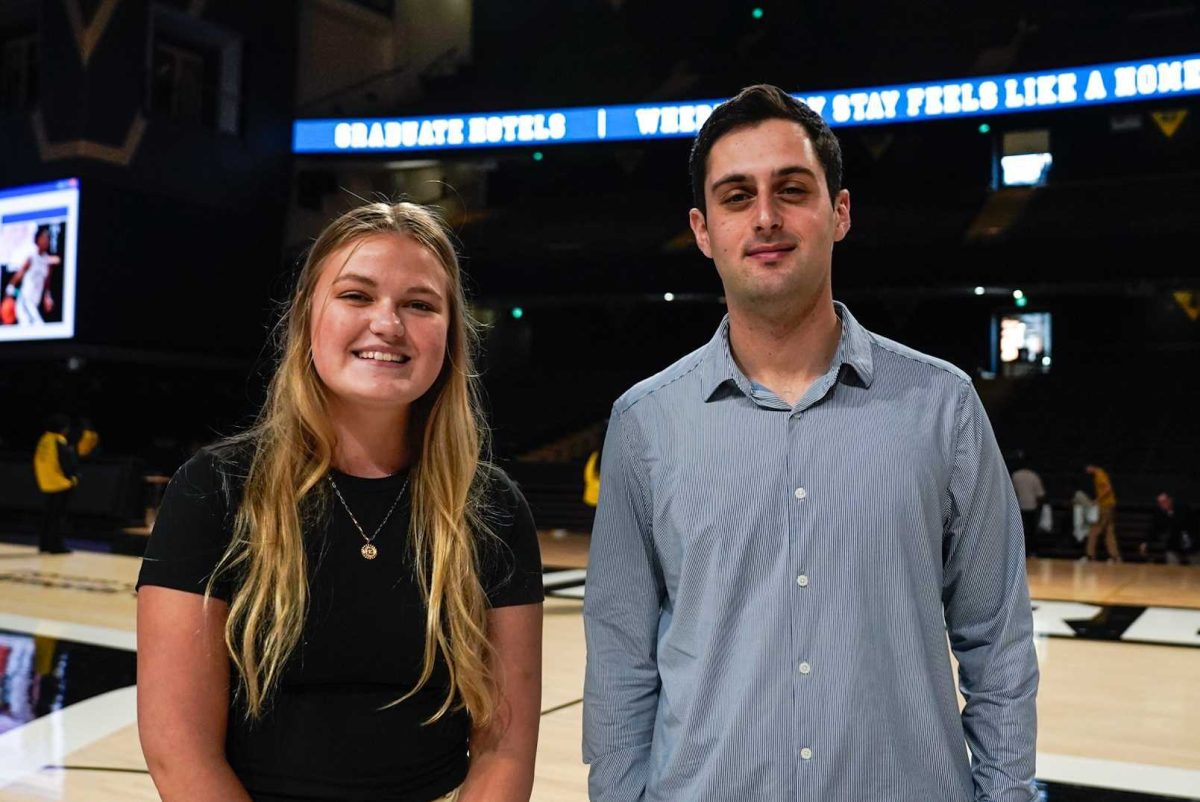CORRECTION: An earlier version of this article said the contract with ACADIA Pharmaceuticals would further trials on an allosteric modulator that could aid in treatments for Parkinson’s. This has been corrected to reflect the accurate central nervous system disorders that could be potentially treated (Alzheimer’s disease and schizophrenia).
Vanderbilt announced on May 5 that the William K. Warren Foundation’s $20M donation reintroduced the Vanderbilt Center for Neuroscience Drug Discovery (VCNDD) as the Warren Center for Neuroscience Drug Discovery (WCNDD).
The William K. Warren Foundation, based in Tulsa, Oklahoma, has contributed three previous donations to the WCNDD. According to their website, the foundation has donated to research centers across the nation with the goal of furthering science to devise better treatments, cures and diagnoses.
The WCNDD engages in research on de-risking targets that can lead to treatments for central nervous disorders, primarily Alzheimer’s disease, Parkinson’s disease, schizophrenia and depression, according to Dr. Craig Lindsley, one of the co-directors of the WCNDD.
The WCNDD does not outsource or compound discoveries or trials. This internal work allows the WCNDD to work more efficiently, said Lindsley.
“I think our platform is very novel and cutting edge and just in the way we do our drug discovery, chemistry, molecular pharmacology, drug metabolism and behavior,” Lindsley said. “They’re all really highly integrated, so every week we are testing forty to fifty new compounds through the whole paradigm.”
The WCNDD is known specifically for its work with allosteric modulators, which are certain compounds that bind to a specific receptor in the brain to change the receptor’s response to a stimulus. Most drugs either activate or deactivate a receptor, but according to Lindsley, allosteric modulators can instead act as a “dimmer on a light switch” rather than a simple “on-off switch.”
The center signed a contract on May 7 with ACADIA Pharmaceuticals to further trials on an allosteric modulator the center discovered, which could aid in treatments for Alzheimer’s disease and schizophrenia.
“One thing that often gets overlooked with central nervous system disorders is that the biggest burden is actually on the caregivers, not the patient suffering from schizophrenia or Alzheimers, who is largely unaware of their condition,” Lindsley said.
Dr. Lindsley, who is also the William K. Warren Jr. Chair of Medicine, said that the Warren Foundation seriously considers both the caregiver and the patient in their work and hopes to further advance treatments for central nervous system disorders with this donation.
“Their foundation and family really thinks about both of those components in a really serious way.”







